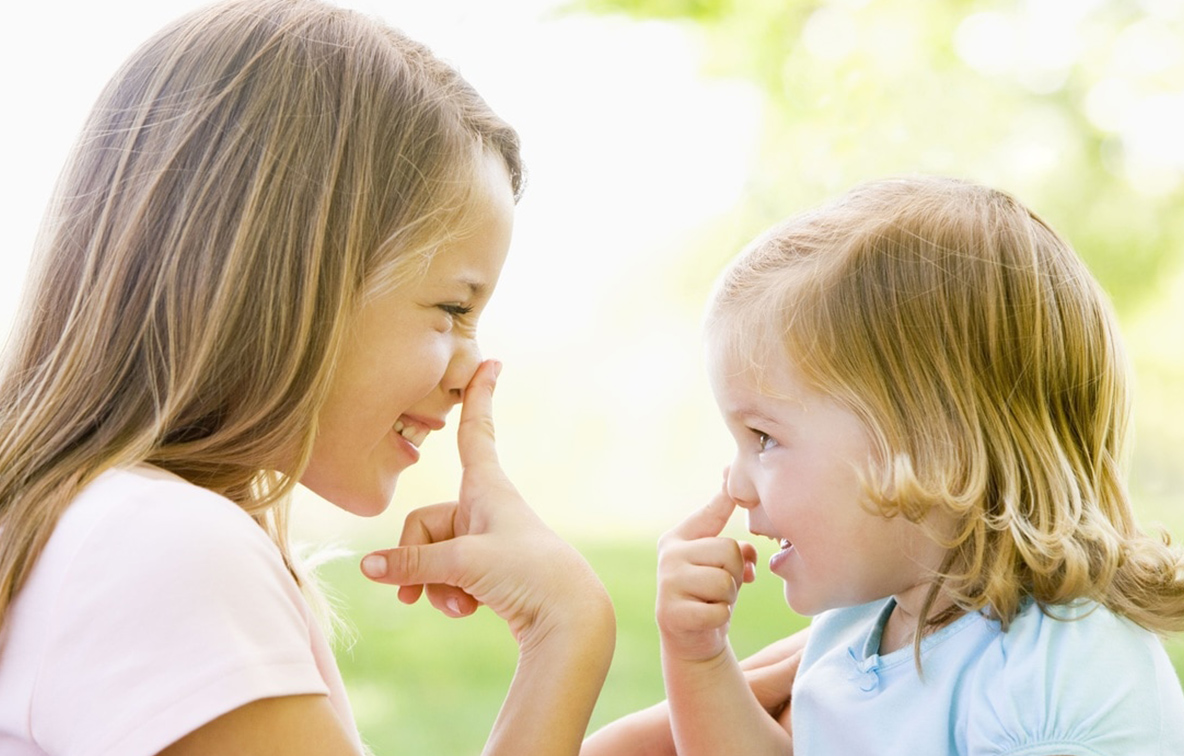Recently a supporter shared this article with advice from Deborah Roffman regarding the issue of children sharing private parts with one another. While this is not an uncommon situation, nor necessarily cause for alarm, but in my opinion – a great teaching moment, her advice, especially coming from a professional, felt alarming.
The article begins with, “the current scholarly advice on handling show and tell is very simple and easy to remember: Turn around and walk away.” Roffman later shares “The point is to treat these parts the same as all others.”
Now, I myself do not hold a masters in health as Roffman does (I began my masters in social work but put it on hold after becoming pregnant last year), however I have researched the issues of child development, sexuality, abuse and trauma and listened to many survivors of child sexual abuse. I’m also a mother to four as well as a survivor.
I have to, humbly yet firmly, disagree with this advice. Genitalia are not the same as other parts. First off and foremost, if they were, public nudity would be legal. But my greatest concern is that by allowing children to openly explore the sexual organs of their siblings or friends – how do we teach them the difference between what is safe or unsafe? How does a child go from showing his penis to his friend, to then having his older cousin or an adult babysitter that exposes them to pornography or takes nude pictures of them?
At what age would a parent end sharing of genitalia? Roffman suggests, “while innocent exploration can last until around third grade, things shift in the fourth and fifth and the exploration may be less innocent.” I personally, cannot imagine any parent of children nearing the end of elementary school being OK with their children exploring each other’s bodies. Especially considering how many children are exposed to pornography by this age, I believe promoting privacy while being open about talking about their growing and changing bodies and what constitutes appropriate behaviors is the better choice.
To be clear, I don’t want anyone to scare or shame their children if they are sharing privates with another child, but we certainly need to redirect them to more appropriate ways of learning about or bodies and respecting personal privacy. Instead of turning around and letting the game of self-exposure continue, I would suggest it would be better to say something like “hey guys, it looks like you’re curious about your bodies. Remember though – our privates are supposed to stay private, they’re not for sharing. Lets get our pants back on and I’ll get a book so we can talk about them some more.”
When you know about child sexual abuse, you know a game of doctor can become abusive, even with children. A young child that has been abused may do inappropriate things to another child out of naivete. The article never mentions the issues of sexual abuse, which I find to be dangerously misinforming. When you know that the research has shown that an estimate 1 in 4 girls and 1 in 6 boys experience sexual abuse, and that as much of 40% of abuse is perpetrated by other children, I suppose it’s hard to face that reality while promoting a blind-eye approach to children sharing genitalia.
I mean no disrespect to her education or intention to help children learn and not be ashamed of their bodies, but the disregard for the issues of empowering families to protect children from the very real threat of sexual abuse is down right, shuddering. I can’t help but feel that the pro-pedophilia community would applaud this advice as a step toward breaking down the barrier to adult/child sexual exploration. Perhaps if we lived in a world where so many people and especially children were not exploited for sexual purposes, and more good people were proactive about protecting and educating their children against abuse, I could be ok with a more laissez-faire approach to children growing up with such loose rules regarding their reproductive organs, but we are not there. Until society jumps on board, protecting children from abuse and being their voice when a child discloses, I have to lean toward finding this to be a naive and, arguably, an irresponsible approach to the issue.





